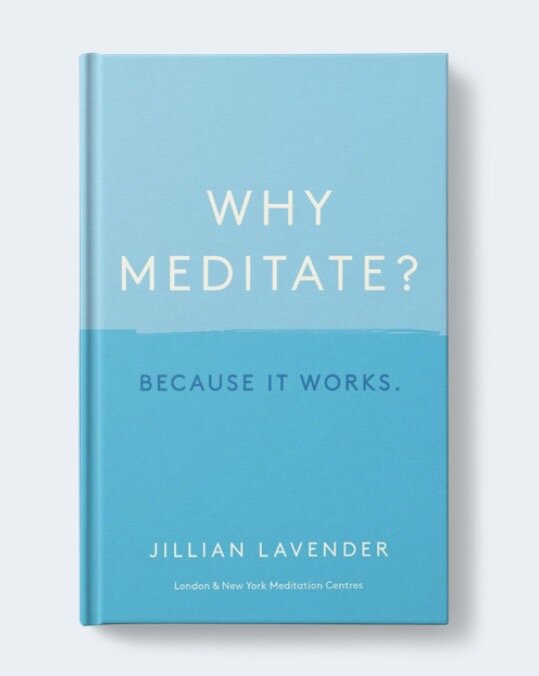Why Meditate? Because it strengthens your intuition.
by Jillian Lavender, London Meditation Centre
I was talking to one of my students this morning about a wonderful new piece of work she’s created. It’s in a completely new field in which she has no track record yet it came to her quickly and spontaneously. She wrote it in a week. Every morning as she woke up, while lying there in that calm, half-awake zone, the words would bubble up and before she knew it, it was done. It now looks set to be released by a global publisher later this year.
When I talk to people about how they get their best ideas, they often describe it as:
“I just had a feeling.”
“It came to me when I was in the shower.”
“The idea kept bugging me.”
“I didn’t think too much about it, I just knew.”
These experiences point to some common themes;
the inspiration came to the person as if they were a receptor for it
the process was relatively effortless, smooth and spontaneous
they didn’t have to over-think or strain
it was more a feeling than an act of intellectual analysis
it was accompanied by a deep sense of knowingness – “it felt right”
As David Lynch says in his brilliant book, Catching the Big Fish, “Ideas are like fish. If you want to catch little fish, you can stay in the shallow water. But if you want to catch the big fish, you’ve got to go deeper. Deep down the fish are more powerful and more pure.”
These are all different ways of expressing the phenomenon of tuning in to a deeper aspect of awareness in aid of capturing the big ideas. That process has many names; following your intuition, trusting your gut feel, having a 6th sense, tapping into the fine level of feeling. That deep, inner voice of wisdom that points you in the right direction in a given moment.
I see many people struggling to access this deep, inner wisdom. Tiredness, stress and the endless ‘noise’ of life mean we lose our ability to stay present and tuned in to subtle cues that nature delivers. We disconnect from our inner voice.
Just like a transistor radio that has lots of noisy static, when your nervous system is filled with the noise of over-excitation and the lethargy of fatigue it’s hard to tune in to the right wavelength. It’s no good telling someone to follow their gut feel if they can’t access their most settled state. The first step is to learn to Be – to settle in to your deepest, least excited state of awareness, to rest deeply and allow for the ‘noise’ to dissolve. Only then can you truly access and trust your intuition.
This is where meditation comes in. Vedic Meditation is a process of stepping beyond the shallow, surface layers of the mind and experiencing consciousness in its least excited state. A state of Being. As the mind de-excites, the body follows. Within minutes the meditator is in a deeply restful and coherent mode. Brain functioning is highly orderly, metabolic rate drops to a level deeper than sleep and as a result, stress, tension and tiredness dissolve. Naturally and effortlessly.
And so from this place of deep, inner coherence, the capacity to catch the ‘big fish’ goes up exponentially. The fine level of feeling is accessible and reliable. You’re more available for those impulses of creative intelligence that are bubbling up. You’re more perceptive and you gain perspective. Good ideas will flow and you no longer miss them.
Why Meditate? Because it Works
Do you want to learn more about Vedic Meditation and the many benefits associated with this ancient practice?
Jillians book Why Meditate? Because it works is available to pre order now on Amazon.
Jillian Lavender a Vedic Meditation teach and the co founder of London Meditation Centre. To learn more about from Vedic Meditation from Jillian, head to her website.


